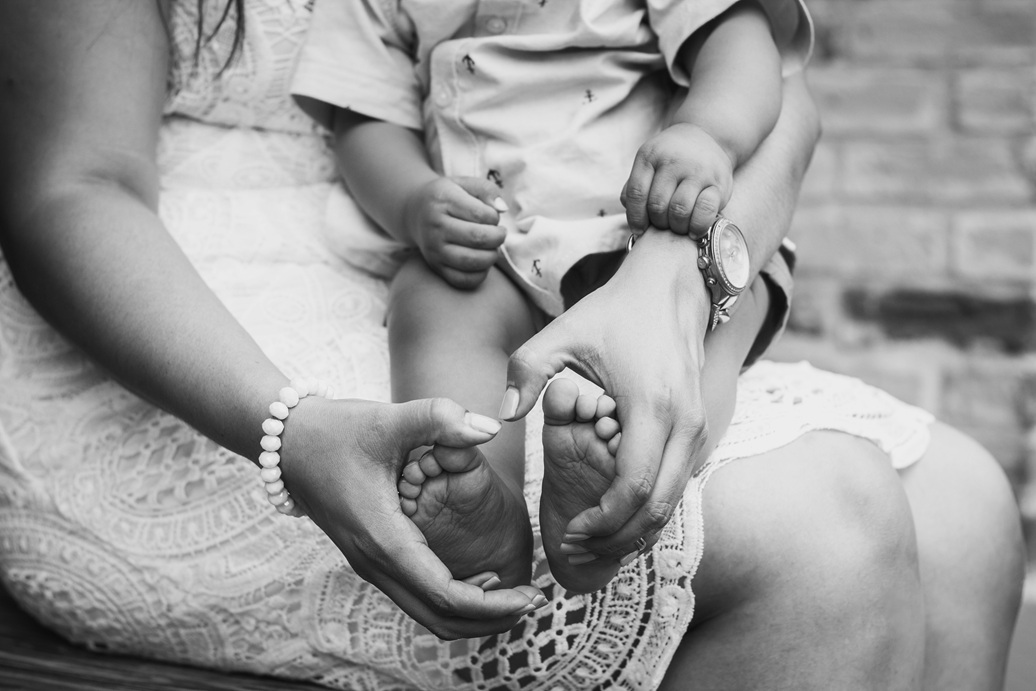

When Rochelle gave birth to her child, she expected to spend the next few weeks recovering, bonding, and adjusting to life with a newborn. Instead, just days after delivery, her phone rang with news that would send her into a spiral of confusion and despair: her Medicaid had been terminated.
“I couldn’t believe it,” she recalls. “My baby wasn’t even a month old. I hadn’t had my six-week checkup. I wrapped her in a blanket, still in pain, and went straight to the office. The lady there looked at me and said, ‘This should’ve never happened.’”
That was the start of a years-long fight for something most people take for granted — consistent healthcare.
Rochelle, a lifelong Miami resident, has worked for over 15 years in political canvassing, walking miles through neighborhoods to get out the vote. The work is seasonal, the pay unpredictable, and the struggle to stay insured relentless. Each time her Medicaid was cut off — sometimes for reasons no one could explain — she faced impossible choices: skip medical visits, delay treatment, or risk mounting debt.
When a painful foot injury landed her in the emergency room, Rochelle was uninsured again. “I thought something was broken,” she says. “They did X-rays and said it would heal on its own. Then a $1,500 bill came in the mail.”
Unable to pay, she stopped opening the letters. “They just keep coming. I don’t even have a bank account anymore. Everything I earn goes straight to rent or the kids.”
The strain has changed the way she lives. “Now, if I get sick, I go on YouTube or ask my elders what home remedies to use. I shouldn’t have to pray peppermint tea fixes me because I can’t afford a doctor.”
Florida’s refusal to expand Medicaid leaves thousands of parents like Rochelle trapped between survival and debt. For her, it’s not just a policy failure — it’s a human one. “When you’re not healthy, you can’t even think about being financially stable,” she says. “People forget that being poor isn’t a crime.”
Still, she hasn’t lost hope. “Lawmakers need to see us,” Rochelle insists. “We’re the ones working, raising families, keeping communities running. We just want to live with dignity — to get care when we’re sick, without being punished for it.”
In the U.S., close to 100 million people have medical debt, and most cases of bankruptcy are the result of medical debt. One essential step to limiting medical debt in Florida is for the state to expand Medicaid. Florida is one of just 10 states that have not expanded Medicaid. To learn more, see here.
When Rochelle gave birth to her child, she expected to spend the next few weeks recovering, bonding, and adjusting to life with a newborn. Instead, just days after delivery, her phone rang with news that would send her into a spiral of confusion and despair: her Medicaid had been terminated.
“I couldn’t believe it,” she recalls. “My baby wasn’t even a month old. I hadn’t had my six-week checkup. I wrapped her in a blanket, still in pain, and went straight to the office. The lady there looked at me and said, ‘This should’ve never happened.’”
That was the start of a years-long fight for something most people take for granted — consistent healthcare.
Rochelle, a lifelong Miami resident, has worked for over 15 years in political canvassing, walking miles through neighborhoods to get out the vote. The work is seasonal, the pay unpredictable, and the struggle to stay insured relentless. Each time her Medicaid was cut off — sometimes for reasons no one could explain — she faced impossible choices: skip medical visits, delay treatment, or risk mounting debt.
When a painful foot injury landed her in the emergency room, Rochelle was uninsured again. “I thought something was broken,” she says. “They did X-rays and said it would heal on its own. Then a $1,500 bill came in the mail.”
Unable to pay, she stopped opening the letters. “They just keep coming. I don’t even have a bank account anymore. Everything I earn goes straight to rent or the kids.”
The strain has changed the way she lives. “Now, if I get sick, I go on YouTube or ask my elders what home remedies to use. I shouldn’t have to pray peppermint tea fixes me because I can’t afford a doctor.”
Florida’s refusal to expand Medicaid leaves thousands of parents like Rochelle trapped between survival and debt. For her, it’s not just a policy failure — it’s a human one. “When you’re not healthy, you can’t even think about being financially stable,” she says. “People forget that being poor isn’t a crime.”
Still, she hasn’t lost hope. “Lawmakers need to see us,” Rochelle insists. “We’re the ones working, raising families, keeping communities running. We just want to live with dignity — to get care when we’re sick, without being punished for it.”
In the U.S., close to 100 million people have medical debt, and most cases of bankruptcy are the result of medical debt. One essential step to limiting medical debt in Florida is for the state to expand Medicaid. Florida is one of just 10 states that have not expanded Medicaid. To learn more, see here.

Stock Photo
